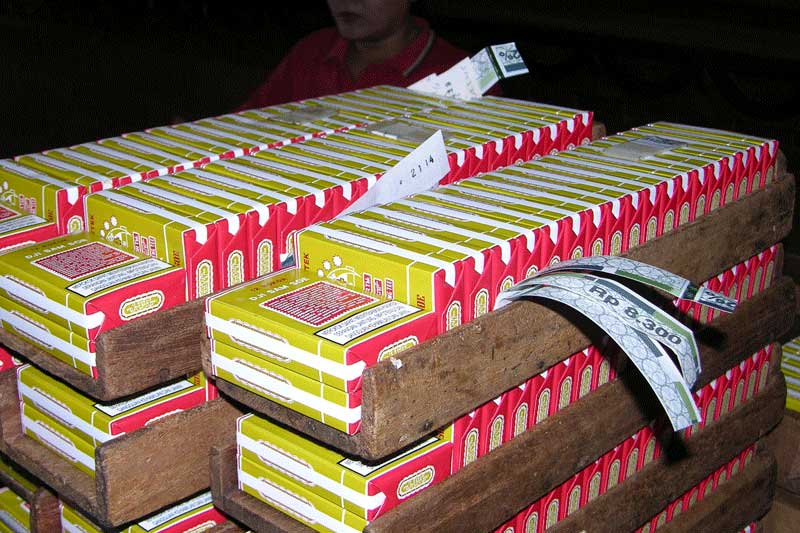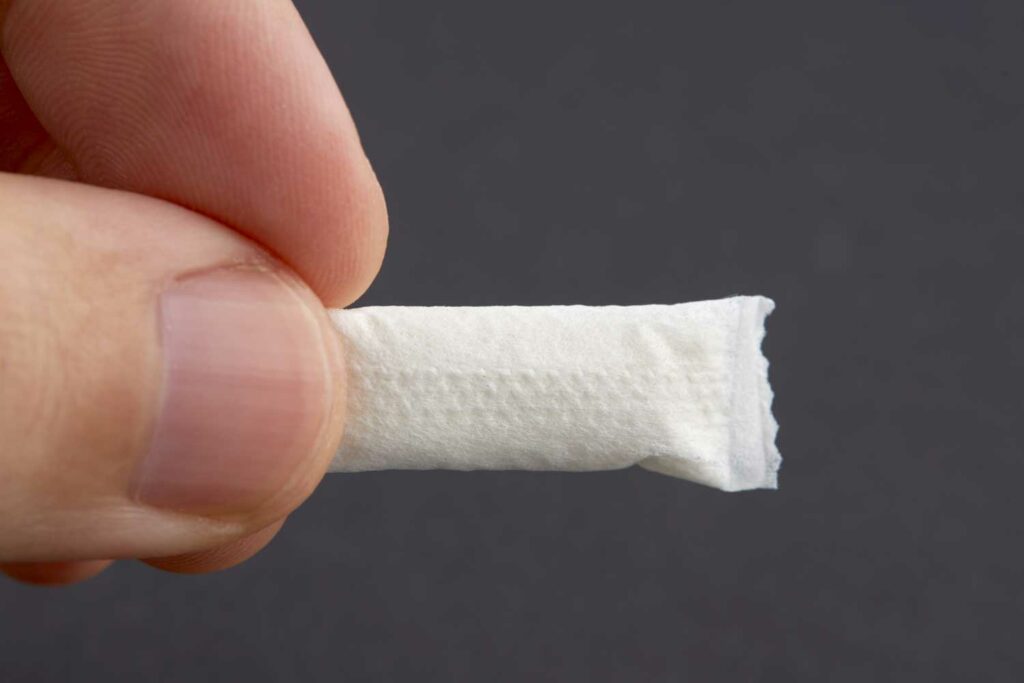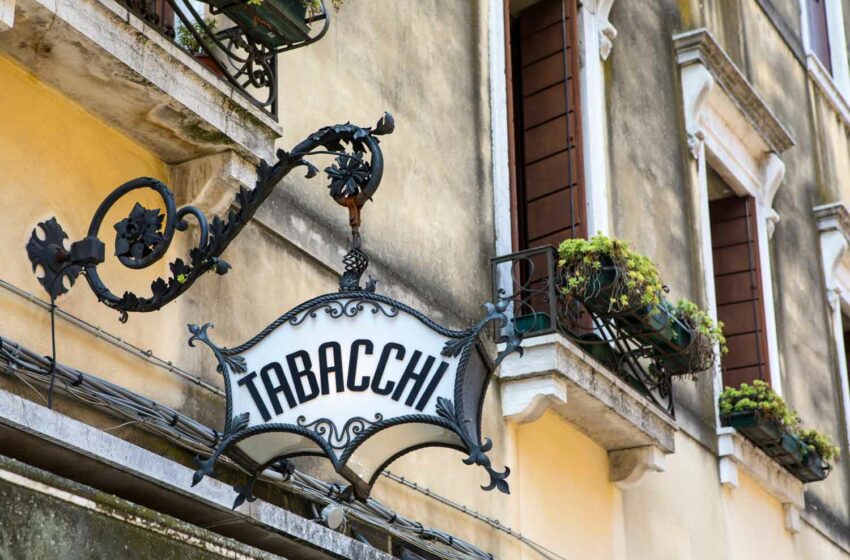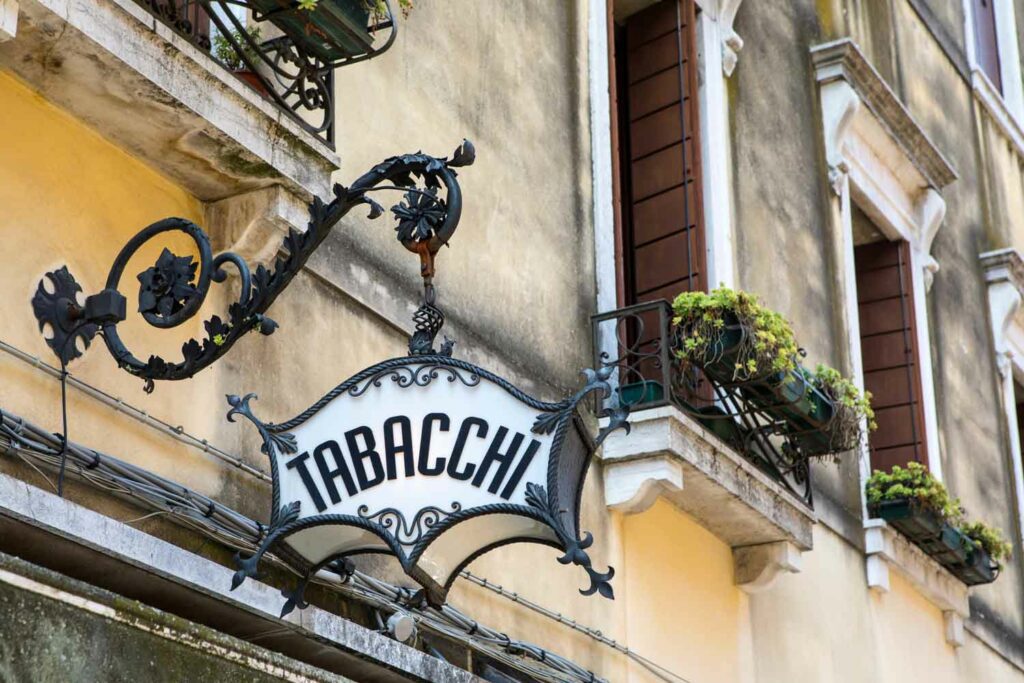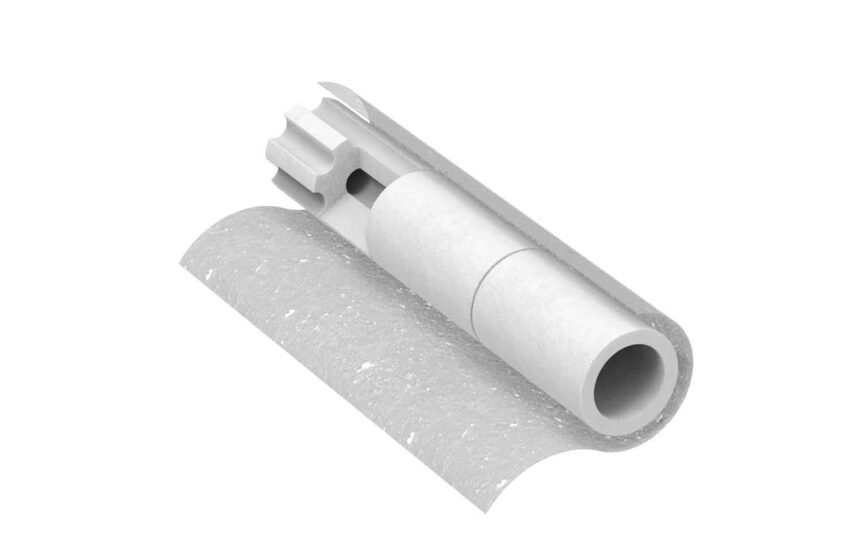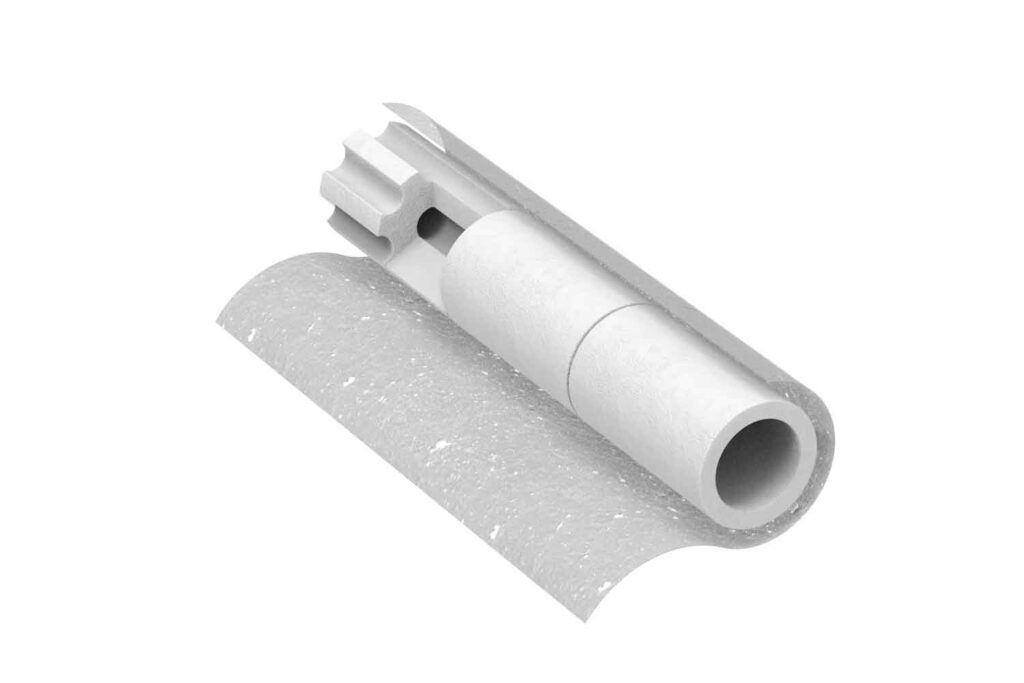
India’s central government wants to require over-the-top (OTT) platforms to display non-skippable anti-tobacco health spots for at least 30 seconds when users begin streaming content, reports The Economic Times.
According to the draft guidelines, all films released on or after Sept. 1, 2023, must show anti-tobacco health spots of at least 30 seconds at the beginning and middle of the movie. Additionally, these films must display prominent static anti-tobacco health warnings at the bottom of the screen during scenes that depict tobacco use.
The proposed legislation updates the anti-tobacco regulations issued by the ministry in May 2022.
“Essentially, streaming platforms will now be required to show these health spots and disclaimers not only at the beginning and middle of programs but also as soon as the platform is opened,” an official source told the Economic Times. “Currently, the health spots and disclaimers are not displayed immediately upon opening the platform.”
India became the first country in May 2022 to make it mandatory for OTT platforms to show anti-tobacco warnings and disclaimers similar to those seen in theatrical releases and TV programs, prioritizing public health.
The OTT rules of 2023 took effect on Sept. 1, 2023.




